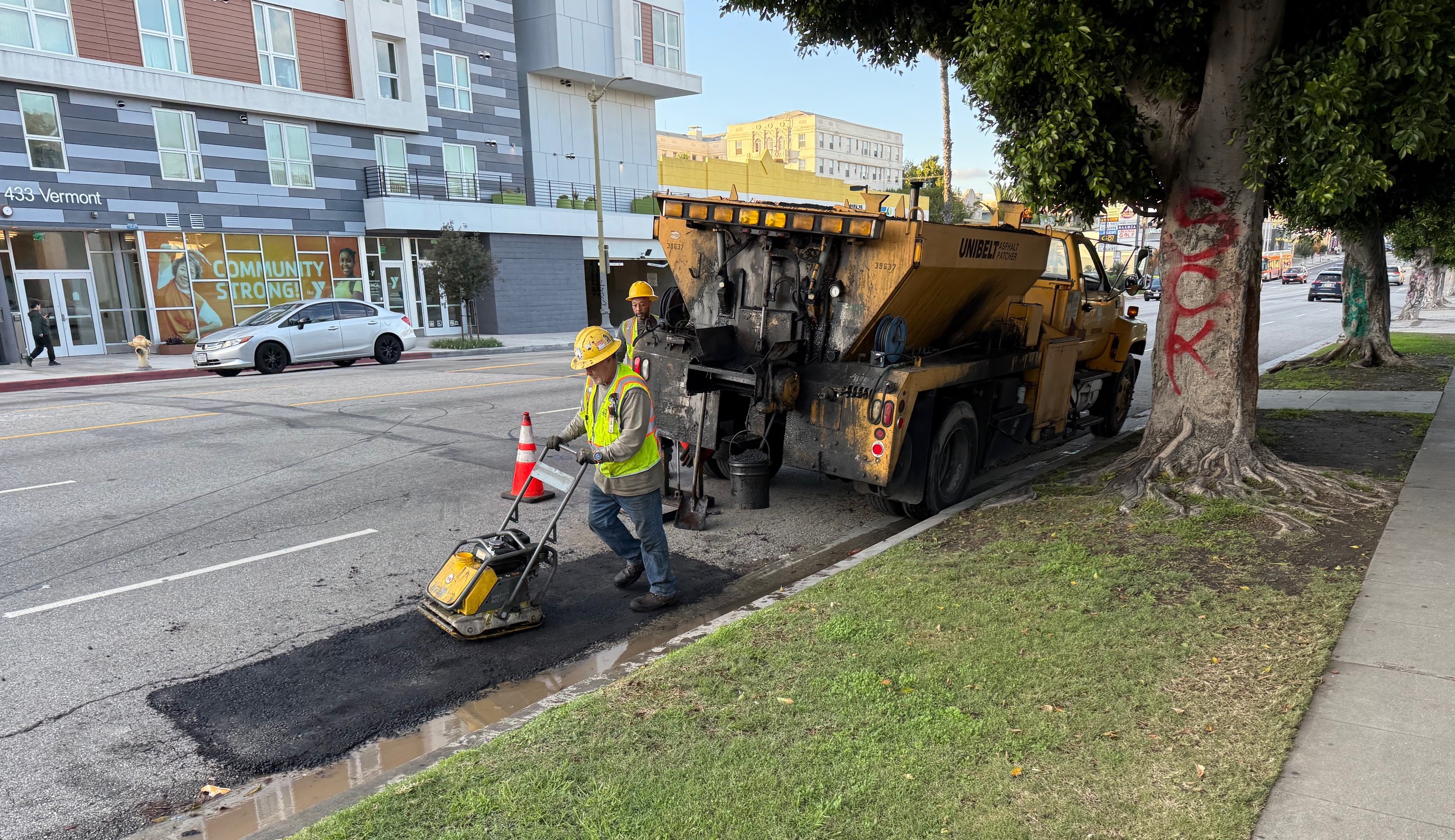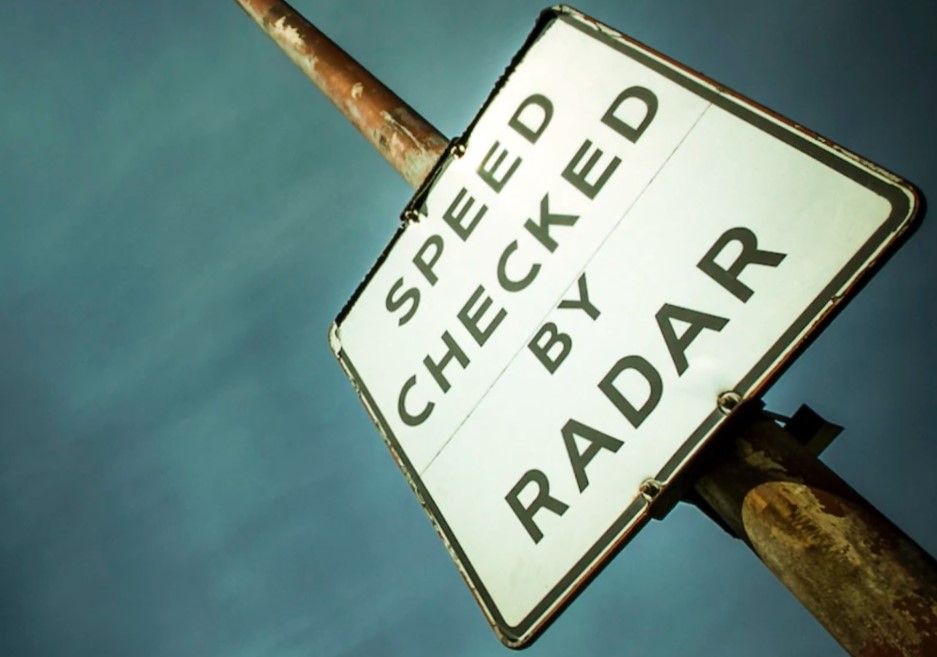As Congress continues to debate climate change legislation that would include energy efficiency measures, states are already making progress in reducing the consumption of vehicles, utilities, and other fuel users.
 Downtown Memphis, Tennessee, where new building energy efficiency codes were recently adopted. (Photo: About.com)
Downtown Memphis, Tennessee, where new building energy efficiency codes were recently adopted. (Photo: About.com)The American Council for an Energy-Efficient Economy (ACEEE) singled out the most high-achieving areas today in its latest State Energy Efficiency Scorecard [PDF], which ranks state-level programs based on eight factors, including transportation policy. The ACEEE's top 10 states may come as no surprise to those following the national energy debate -- California ranked first, followed by Massachusetts, Oregon, and New York.
But several other states that aren't widely known for environmental stewardship made strides between 2008 and 2009, including South Dakota, which rose from the ACEEE's No. 47 spot to No. 36, and and Tennessee, which rose from No. 46 to No. 38.
States' total average efficiency score climbed in 2009 from 15 to 17 points, out of a total possible score of 50, according to the ACEEE.
On transportation, states could earn a maximum of 8 points from the ACEEE by passing local measures to encourage denser development and reduce automobile dependence, adopting California's fuel-efficiency standard for cars, investing more than $50 per capita in transit, and offering consumer rebates for the purchase of efficient vehicles.
No state earned that perfect 8, but California and Washington came the closest, with 6-point scores on transportation. However, 23 states earned zero points for transportation efficiency -- almost equaling the 28 states that scored any points at all. Those 23 underachievers: AL, AR, ID, IL, IN, IA, KS, KY, MI, MS, MO, MT, NE, NV, NH, NC, ND, OH, SD, TX, UT, WV, and WY.
How many states tallied an extra point for per-capita transit investment? Find out after the jump.
Eleven states, including Washington D.C., are making at least a $50 per-capita transit investment, according to the ACEEE's research: MS, MD, NY, AK, NJ, DE, PA, CT, CA, and MN.






